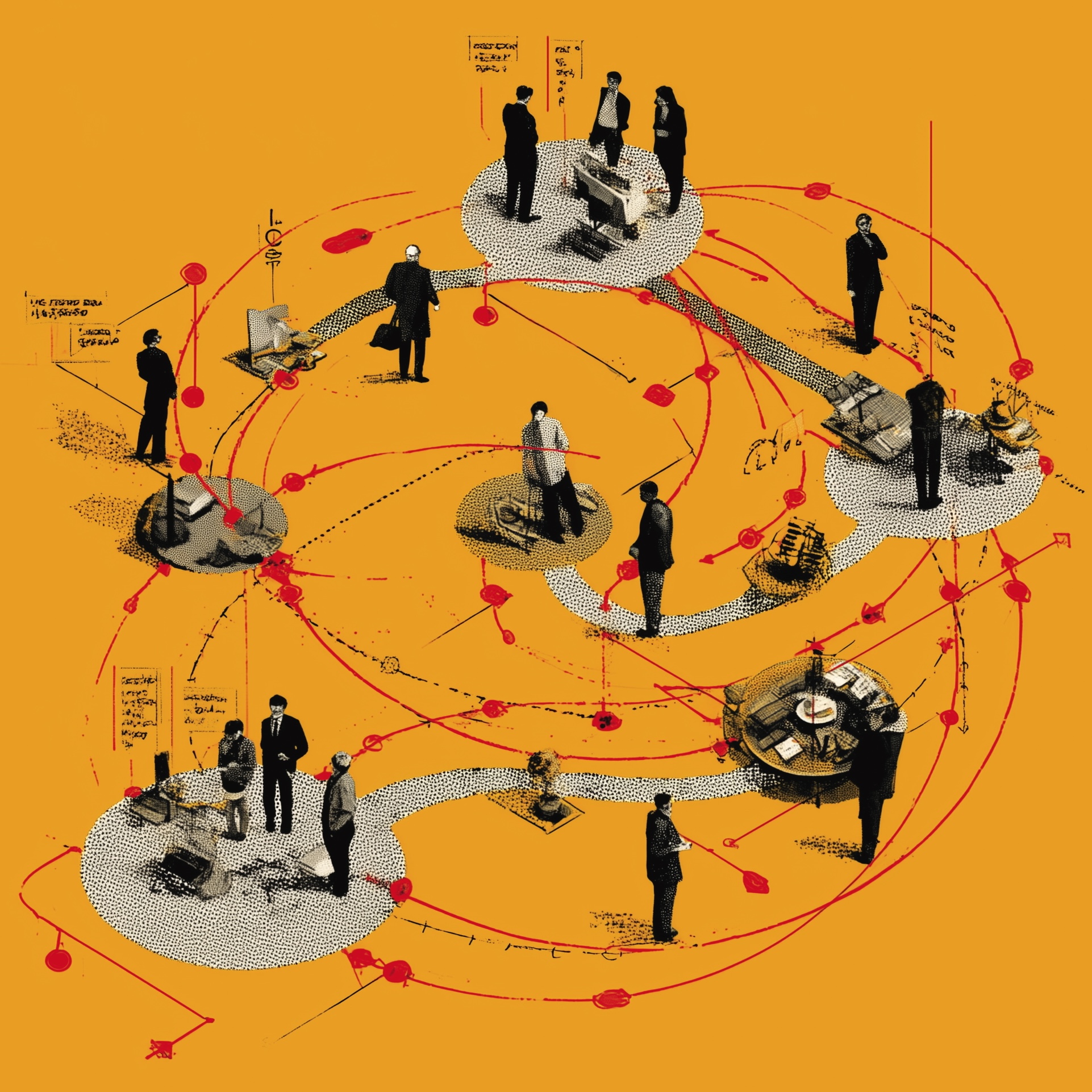Don’t miss out on redundancy pay – it’s your right!
One senior NHS manager talks about how expert support from MiP finally secured the redundancy settlement he was entitled to.

In today’s ever-changing and fragmented NHS, redundancies are sadly commonplace. But it can be fiendishly difficult to work out what you’re entitled to, and even harder to make sure you get it. This is where expert individual representation from MiP really counts. Your team of MiP national officers know the system inside out and will do everything they can to make sure you get the best possible outcome.
After working at an NHS trust for around two years, Mark learned that his senior management post was being “deleted” as part of a reorganisation by his new line manager. His application for one of the new senior posts was unsuccessful so, with support from MiP national officer Jo Spear, he agreed redundancy terms with the trust.
“With that done, I could have walked out on the spot and taken the redundancy cheque, but I decided to carry on for a short period to provide a satisfactory transition for the trust,” Mark explains. “I applied for posts in other organisations, but unfortunately I wasn’t successful in any of those either.”
Unsuitable employment
Mark then left the trust and began working with another NHS organisation on a “bank” basis – with no contractually guaranteed hours of work or job security. Nevertheless, his former employer suggested that this was “suitable alternative employment”, so he was not entitled to redundancy pay.
The question of what is and what isn’t suitable alternative employment is a tricky but crucial one: put simply, you lose your entitlement to redundancy pay if your employer, or another NHS organisation, has offered you an alternative job – provided it’s something you’re qualified to do and offers broadly similar pay and conditions.
“My primary concern was to make sure that I received statutory redundancy pay, but I was also slightly concerned about inadvertently establishing a precedent that employment on the bank could be considered as suitable alternative employment,” Mark explains.
Union “stickability”
What should have been a fairly straightforward case turned out to be anything but. MiP assigned associate national officer Jim Keegan, a veteran of NHS redundancy disputes, to work alongside Jo on Mark’s case. “This did require quite a bit of stickability by the union,” Mark recalls. “We went through a very elongated process, with the union politely asking my ex-employer whether they were going to pay me any redundancy, followed by long periods of radio silence, then various attempts to chase them up.”
Jim and Jo decided to get a legal opinion on Mark’s case from MiP’s solicitors. “Thompsons said there was no way my bank contract could count as a suitable alternative to the post I had before,” Mark explains.
“Even then, it just kept going round and round,” he continues. “It was always being looked at by their solicitors or NHS Improvement, or considered by the chief executive. It’s one of those cases where you never quite know if it’s slow-paced working or just an attempt to play for time in the hope that we might give up.”
MiP didn’t give up, and Mark finally received his redundancy settlement in full over a year after leaving the trust. “Jim and Jo provided me with on-the-spot advice, often at very short notice, throughout the process,” says Mark. “I even remember Jim stopping on his way to a football match to give me telephone advice on something urgent that had cropped up that afternoon.
Lack of understanding
MiP was particularly concerned that the trust left it to a single member of the HR team to decide whether David’s bank contract amounted to suitable alternative employment. “They clearly did not have a complete understanding of the rules under Agenda for Change and yet they were unable or unwilling to discuss it with us,” Jo explains.
“Far from being commended for his honesty in declaring the bank work, Mark was unfairly denied his contractual rights,” she adds. “Thankfully we did manage to resolve the matter without resorting to litigation.”
Mark, who has now secured a 21-month contract with his new employer, explains how he came to rely on the support from MiP. “What really counts, especially in a pressurised situation, is the knowledge that there’s someone on your side, someone who’s a regular source of advice and assurance, and who has the determination and preparedness to see it through until the case is resolved,” he says.
If you have any concerns about your redundancy entitlement, contact your MiP national officer for advice.
Related News
-

NHS job cuts: you’ll never walk alone
As the NHS redundancies in England loom, Rhys McKenzie explains how MiP will back you, and how members supporting each other and acting collectively is the best way to navigate this difficult process.
-

What now? Seven expert takes on the Ten-Year Plan
The government’s Ten-Year Plan for the NHS in England has met with enthusiasm and exasperation in equal measure. We asked seven healthcare experts to give us their considered view on one aspect that interests, excites or annoys them.
-

NHS job cuts: what are your options?
When politicians start reforming the NHS, there is only one certainty: some people will lose their jobs. But what options might be on the table and how does redundancy work? Corrado Valle explains.